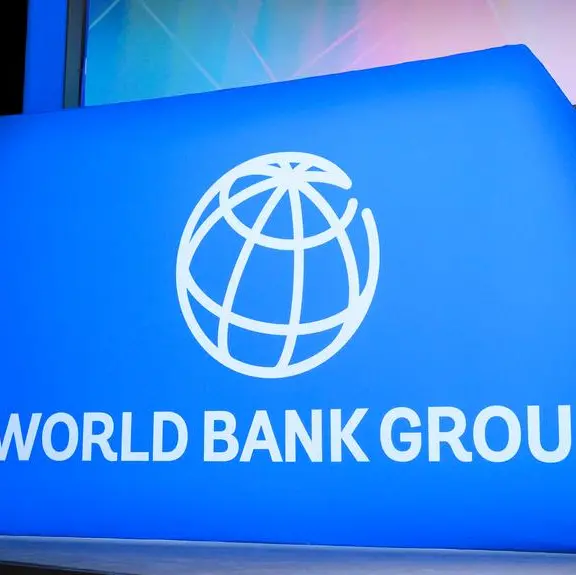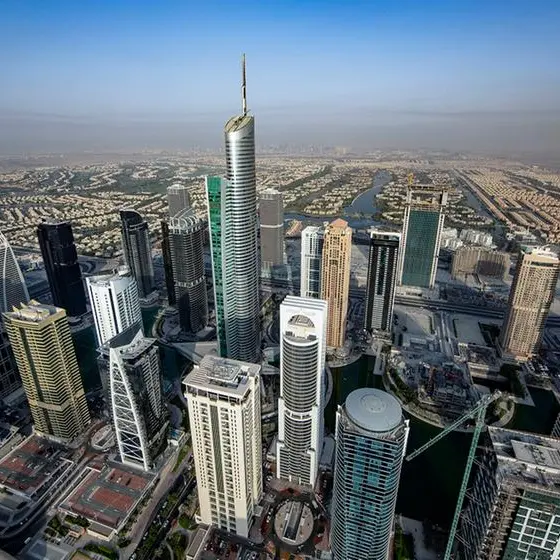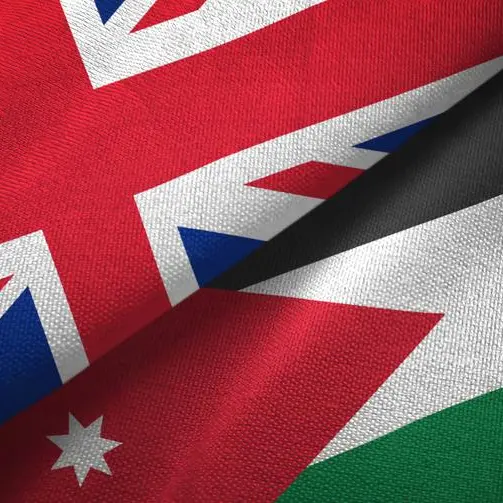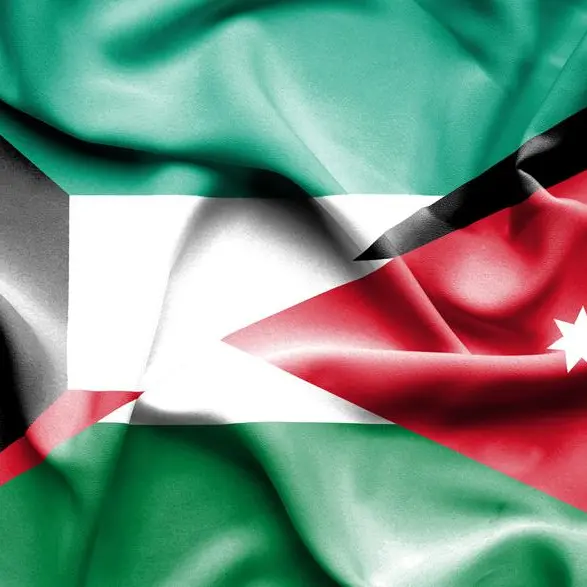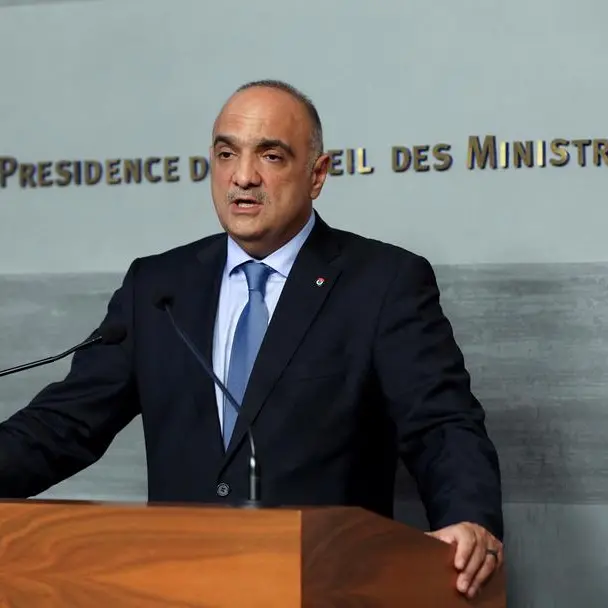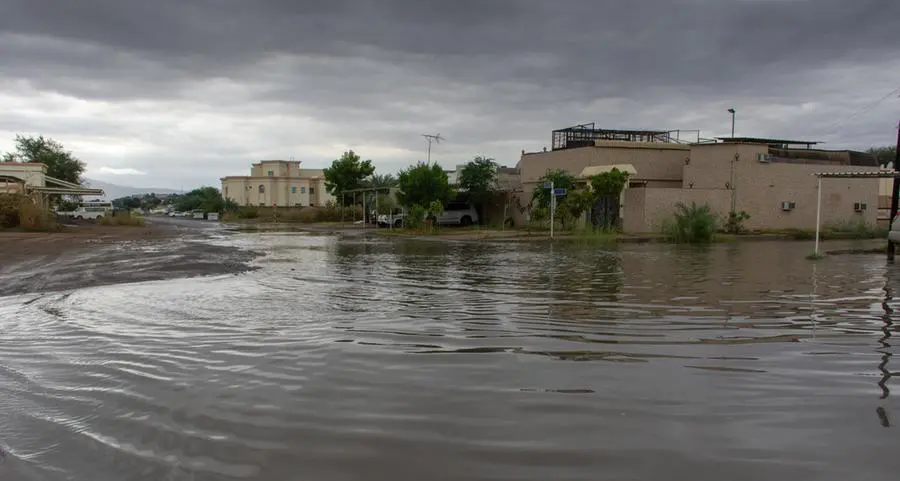PHOTO
ISLAMABAD - Pakistani Finance Minister Asad Umar urged people to declare their assets for a new tax amnesty, a scheme he denounced last year as legitimising ill-gotten wealth, in a bid to identify high earners for more efficient tax collection in future.
The offer is a desperate attempt to broaden the government's revenue base in a country where barely one percent of the adult population pay taxes.
The amnesty is due to take effect before the annual budget in May, which is going to be the first biggest challenge for the new government of Prime Minister Imran Khan.
Economists say the budget is likely to reveal the biggest ever fiscal deficit, with revenue collection facing a shortfall of nearly 500 billion rupees ($3.54 billion).
"Whenever this scheme is announced, it is my brotherly advice to all of my friends that please avail yourselves of it," Umar said in an address in Islamabad. "Don't complain later."
He said the scheme was a last chance before cracking down on tax avoiders.
"Our capacity to track down those who don't pay their due taxes is becoming far better than the past," he said.
Khan's predecessor, Prime Minister Shahid Khaqan Abbasi of the opposition's Pakistan Muslim League (PML-N) party, declared one such amnesty in April last year.
Both Khan and Umar ran a tirade against the scheme, which they said was only a way to legalize ill gotten and looted wealth, promising that they would arrest all those who benefited.
Successive governments have promised to rein in tax evasion and boost revenues but have faced fierce resistance to change, including from the many politicians and businessmen believed to be among those dodging payment.
Under Abbasi's plan, all Pakistanis were invited to declare their unreported income and assets and bring their money into the tax base after paying a 5 percent one-off penalty and those living overseas would pay a 2 per cent one-time fine.
Pakistan's nearly $300 billion economy faces a ballooning current account deficit and depleting foreign reserves.
After securing loans from friendly countries like China, Saudi Arabia and United Arab Emirates, Pakistan is in talks with the International Monetary Fund over a 13th bailout since the 1980s which is expected in the next few weeks.
"The crisis period is over and now we're heading toward seeking stability," Umar said.
($1 = 141.2000 Pakistani rupees)
(Writing by Asif Shahzad; Editing by Nick Macfie) ((asif.shahzad@thomsonreuters.com; +923018463683;))

